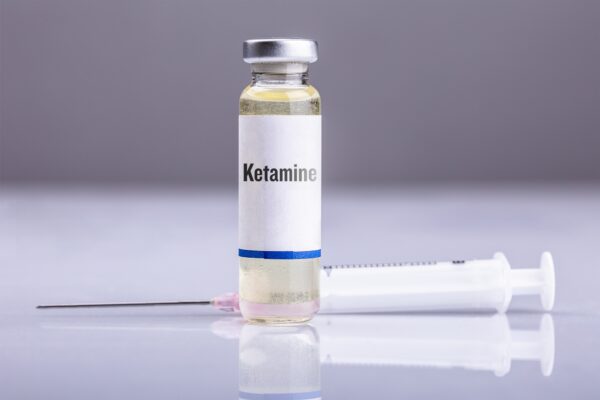Ketamine-Based Treatment for Depression and Anxiety

Depression and anxiety disorders are two of the most common mental health conditions in the United States. According to the National Institute of Mental Health, an estimated 16.1 million adults aged 18 or older in the U.S. had at least one major depressive episode in 2014. And according to a report by Forbes, anxiety disorders affect more than 40 million American adults. Unfortunately, many people with depression and anxiety don’t seek treatment, either because they don’t know that help is available or because they’re afraid of the side effects of traditional therapies like antidepressants.
What Is Ketamine?
Ketamine was introduced in the 1960s as an anesthesia medicine for soldiers on the battlefields during the Vietnam War. Today, Ketamine is only legal, administered via a prescription, and used in veterinary medicine during surgery.
Ketamine-based treatment for depression and anxiety is a new, cutting-edge approach that’s been shown to be very effective in treating these conditions. It’s a medication that’s been used for years as an anesthetic, but recent studies have shown that it can also help relieve symptoms of depression and anxiety. In ketamine-based treatments, Ketamine is given intravenously in a doctor’s office or clinic.
One of the advantages of ketamine-based treatments is that they often work quickly – people typically start feeling better within days or even hours after their first infusion. And unlike traditional antidepressants, which can take weeks or even months to start working, Ketamine often provides relief from symptoms almost immediately. Another advantage of Ketamine is that it seems to be effective for a wide range of people, including those who haven’t responded well to traditional treatments.
Side effects of ketamine-based treatments are typically mild and transient. The most common side effects are nausea, dizziness, and headache. However, because Ketamine is a medication, it’s important to talk with your doctor before starting ketamine-based treatment to make sure it’s the right choice for you.
If you’re struggling with depression or anxiety, ketamine-based treatment may be an option worth considering. Talk to your doctor about whether this type of treatment might be right for you. Ketamine-based treatments seem to be very effective in treating depression and anxiety disorders.
The success of Ketamine has spurred other pharmaceutical companies to return to antidepressant development and the neuroscience field more broadly after a decades-long hiatus. After President Richard Nixon declared a “war on cancer” in 1971, many pharmaceutical companies shifted their focus and investments to oncology and immunology, which—unlike mental health disorders— had clear therapeutic targets. However, today dozens of companies are cropping up that are devoted to conducting ketamine research and development. Some such companies are working on new delivery systems for the drug—ranging from patches to microneedles.
While some researchers are investigating ways to prolong Ketamine’s antidepressant effects using more traditional treatments like psychotherapy, others are working to build better Ketamine without the abuse potential and initial dissociative effects. Those that are studying several of Ketamine’s metabolites known as hydroxy nor ketamines (HNKs), which can offer rapid, sustained antidepressant effects in animal models.
Ketamine-based treatments are becoming more popular for depression and anxiety, but what is ketamine? And how successful have these treatments been so far? Contact us at (773) 799-8520 to learn more about ketamine treatment options for you or a loved one.